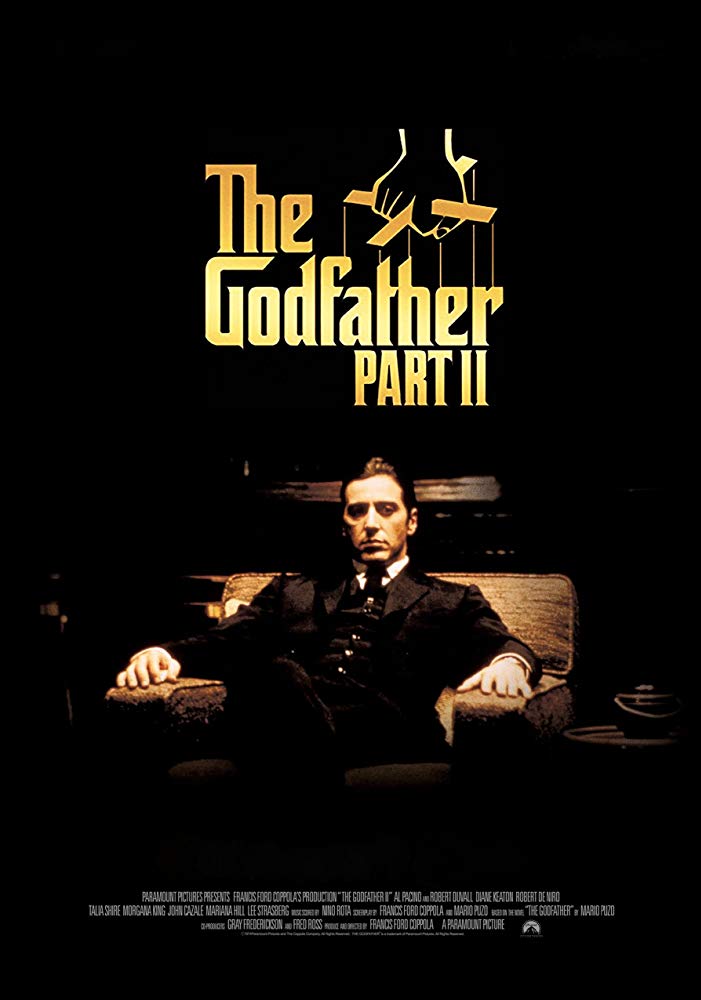We have all been subject to uncomfortable silence and the immediate reaction is to reinstate anything resembling social utopia and do something, anything to cease the silence, yet in a negotiation this isn't a smart move. Many have cited how effective silence can be as a response (Noesner & Webster, 1997) after all silence is golden and talk is cheap. Despite a lack of empirical evidence, this approach has often been identified as a key tactic in negotiation (Wiengard & Dascal, 2001) its importance is even discussed at length in Korda's The Five Golden Rules of Negotiation.
The use of silence as a tool of negotiation in a series of contexts has been discussed for example its use in a clinical setting, during psychotherapy (Prince, 1997). The adoption of silence is a more notable feature when looked at in comparison to Asian culture, who are renowned for their tough negotiation skills, it is recorded that for every one USA success there are 25 Japanese successes (Tung, 1984) these are often attributed to cultural differences. For example, silence is considered a natural everyday occurrence in Japanese interaction, so when faced with such an encounter during a negotiation they are less likely to misinterpret the silence as a rejection and make an unnecessary concession, whereas in western culture where silence is seen as a negative, if not unbearable incidence, it will often be seen as a rejection and induce a compensatory concession, benefiting the quiet party. Furthermore, silence can be seen as a lack of reinforcement, therefore just as a behavior without reinforcement wont be repeated, neither will an offer followed by silence, instead just like how the behavior would be modified, so will the offer, until reinforcement is gained.
So however infallible the 'you don't ask you don't get' principle appears, apparently sometimes its best to simply say nothing at all.
References
Korda, P. (2011). The Five Golden Rules of Negotiation. Business Expert Press.
Noesner, G. W., & Webster, M. (1997). Crisis intervention: Using active listening skills in negotiations. FBI Law Enforcement Bulletin, 66(8), 13-20.
Prince, R. (1997). Is talk cheap or silence golden: The negotiation of activity in psychotherapy. Psychoanalytic Inquiry, 17(4), 549-558.
Weigand, E., & Dascal, M. (Eds.). (2001). Negotiation and power in dialogic interaction (Vol. 214). John Benjamins Publishing.


No comments:
Post a Comment
Note: Only a member of this blog may post a comment.